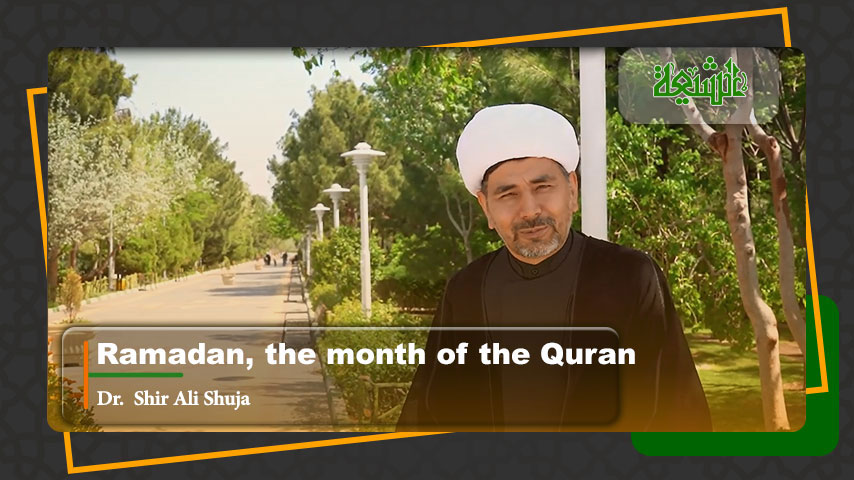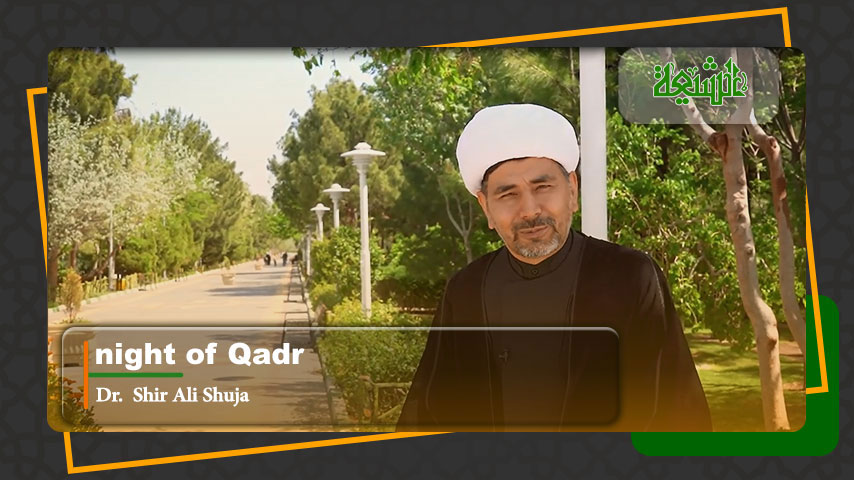Without any doubt, the miracle of the Quran is not restricted to its extraordinary eloquence, the beauty of speech and the conveyance of meanings – as some of the ancient commentators had believed – but in addition to this, it is also a miracle with respect to the scientific facts contained within it, which it presented at a time when they were unknown. Furthermore, the rulings and the historical accounts were unadulterated by myths, superstitions, and errors – without the existence of any kind of contradiction or discrepancy in them.
In fact, according to some commentators, the specific tone of the words of the Quran is also miraculous in nature. Various interesting testimonies have been mentioned to support this claim, one of them being the following incident, which occurred with Sayyid Qutb, the renowned commentator, who states as follows:
I shall not narrate to you the incidents that have occurred with others but only that, which took place with me and had been witnessed by six people (five others in addition to myself). We were six Muslims, who were traversing the Atlantic Ocean on an Egyptian ship, heading for New York. There were 120 passengers, but we were the only Muslims on board. On Friday we decided to offer our Friday prayers in the vessel that was in the middle of the Atlantic.
In addition to performing our religious obligation, it was also our intention to present an exhibition of Islamic fervour and zeal before one Christian missionary, who continued with his missionary work even within the ship – especially since he was even keen to convert us to Christianity! The captain of the ship, an Englishman, granted his approval that we establish the congregational prayers on the ship’s deck and in addition, even permitted the ship’s personnel, all of whom were Muslims from Africa, to join us in the prayers. They were overjoyed since this was the first time that the Friday congregational prayer was being offered on a ship.
I began reciting the sermon and led the congregational prayers and interestingly enough, the non-Muslim passengers had gathered around us, watching the performance of this Islamic obligation with interest. After the completion of the prayers a large number of passengers came forward to congratulate us upon our performance of the religious obligation, but amongst them was a lady – a Christian from Yugoslavia, who, as we came to know later, had managed to escape from the horrors of Tito and Communism – who was extra-ordinarily influenced by the congregational prayers to the extent that tears flowed down her face and she could barely control herself.
She spoke simple English in a voice which sounded greatly impressed and filled with a special humbleness and veneration. She asked us: “In which language did your priest orate?” (She was under the impression that the prayer must necessarily be established by a priest or clergy as is the case in Christianity, but very soon we made her realize that every Muslim could perform this Islamic ritual.) We then informed her that we spoke in Arabic.
She said: “Despite the fact that I could not comprehend a single word of what you said, I could discern quite plainly that these words possessed a mystical resonance and tune. But more importantly and that which extra-ordinarily attracted my attention was that in the speech of your leader there were certain sentences, which appeared to be more distinguished and illustrious than the others, and they seemed to possess an exceptionally deep and influencing tone such that they induced tremors within my body. Surely, these sentences were something different. I think your leader while delivering these sentences, had been filled with The Holy Spirit!”
After a little reflection, we realized that these sentences were the verses of the Quran, which I had been reciting in the sermon and in the prayers. This issue shook us to the core and made us realize that the special tone and resonance of the Quran possesses such influence and effect so as to tremendously influence and inspire a lady, who could not even comprehend a single word of it(1) (2)
NOTES
__________________________
1. In the Light of the Quran, vol. 4, pg. 422
2. Tafsir-e-Nemuneh, vol. 8, pg. 289
















